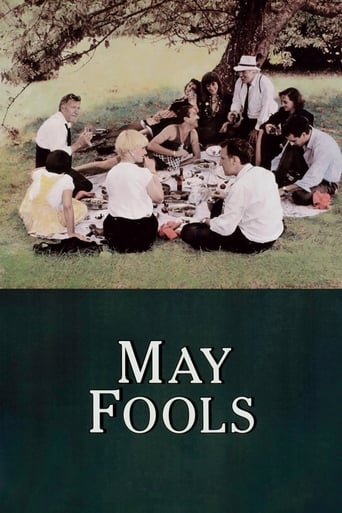
24 Jan 1990

May Fools
During the events of May 1968 in France, different worldviews of conflicting relatives collide in their family estate.
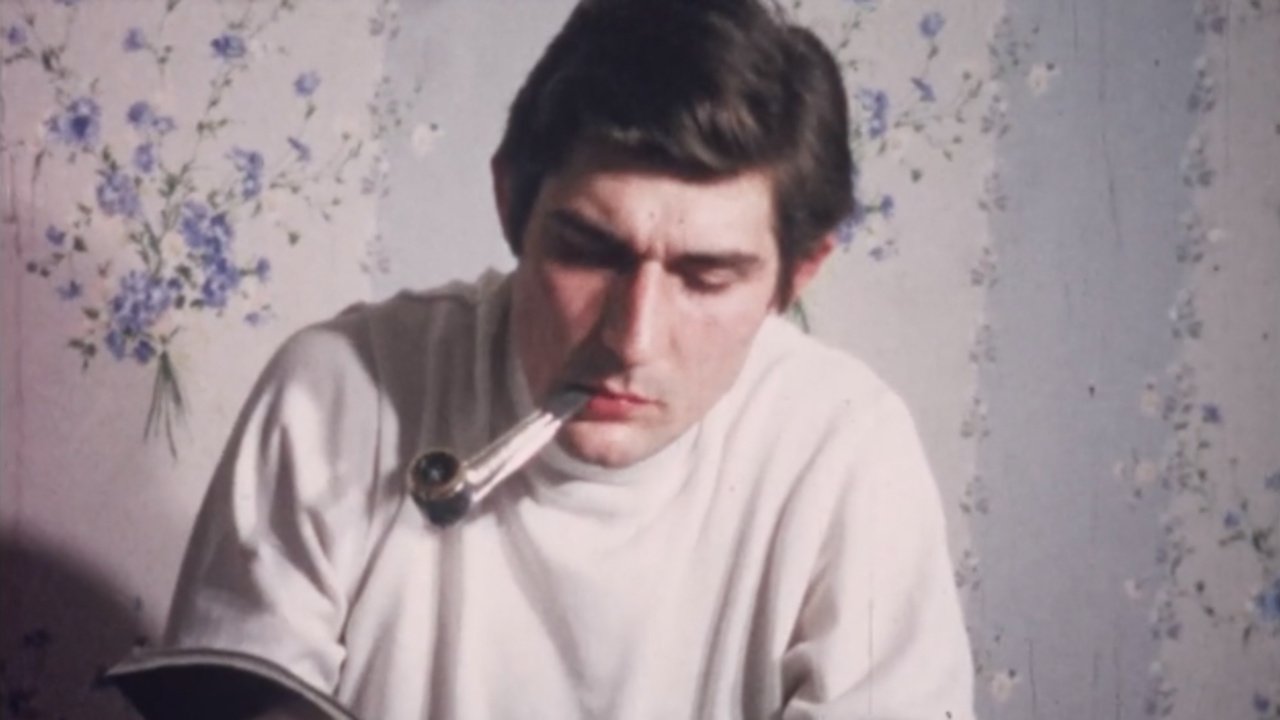
Paris, Latin Quarter, May 1968. Images of barricades and police movements in the street. In his bedroom, on his bed, a young man indulges in daydreams that invade the whole space.

24 Jan 1990

During the events of May 1968 in France, different worldviews of conflicting relatives collide in their family estate.
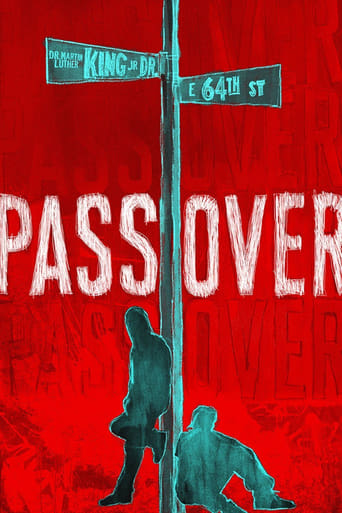
26 Jan 2018

Moses and Kitch, two young black men, chat their way through a long, aimless day on a Chicago street corner. Periodically ducking bullets and managing visits from a genial but ominous stranger and an overtly hostile police officer, Moses and Kitch rely on their poetic, funny, at times profane banter to get them through a day that is a hopeless retread of every other day, even as they continue to dream of their deliverance.
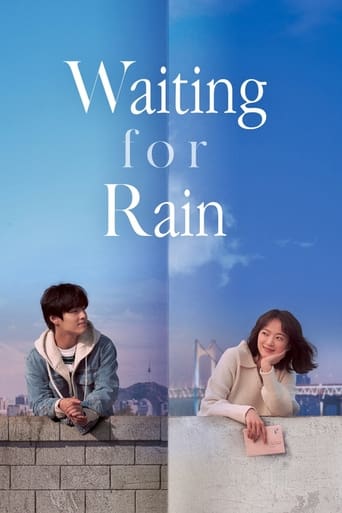
28 Apr 2021

Young-ho doesn't have any dreams for his life. He has been studying for three years to enter a university. He decides to send a letter to his childhood friend So-yeon. But her younger sister So-hee receives the letter instead of her sick sister. So-hee writes back to Young-ho, pretending to be So-yeon. Meanwhile, So-hee takes care of her sick sister and also runs a secondhand bookstore with her mother.
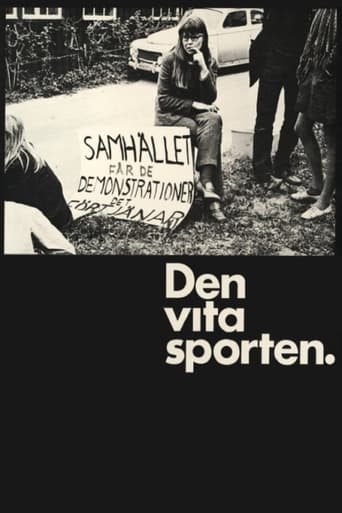
08 Sep 1968

Documentary film about the protests against the 1968 Davis Cup tennis match between Sweden and Rhodesia, in Båstad, Sweden. In a series of interviews, demonstrators and members of the Swedish government give their views on sport, politics and civil disobedience.
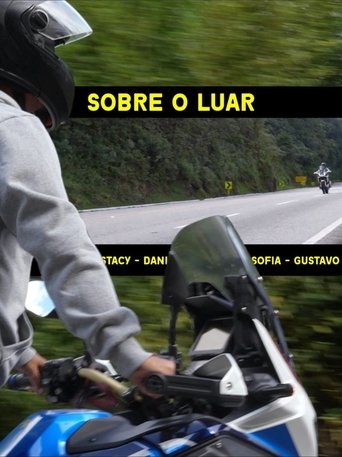
06 Sep 2025

Time doesn’t wait for us. Daniel works on his book while spending time in the countryside with his mother and sister. His writing, which has his the troubled relationship with his father as main subject, is composed of memories full of pain, longing and conflict.

27 Mar 2017

Charles de Gaulle, the first president (1958-1969) of the Vth Republic, France’s current system of government, left his mark on the country . He was statesman of action and has been compared to a monarch. This film depicts the general’s personality through the great events of his presidential term, at a time when the world was undergoing considerable changes.

06 Apr 2018

An 18-year-old man, living on a Dublin housing estate with his grandfather, is caught holding drugs for his friend's older brother and sentenced to 3 months in prison.
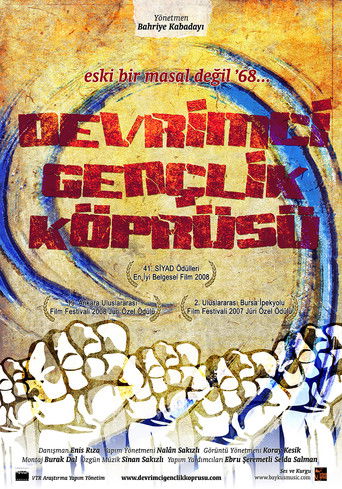
03 Oct 2007

Year 1969 - in Turkey. 60s youth were living the most excited days. There was a great effort to make a bridge in Istanbul, on the Bosphorus. Meanwhile, on the eastern border of Turkey, in a Kurdish city between the borders of Iran and Iraq that is left to its destiny, in Hakkari, Zap River was taking lives since there were no passage on it.

17 Sep 1968

A film considered almost lost even by Garrel, who recently found his negatives. Shot during the events of the May 68, it was made collectively; the film is a merge of Garrel’s and his partners’ points of view, all of them students and filmmakers that participated in the revolt.
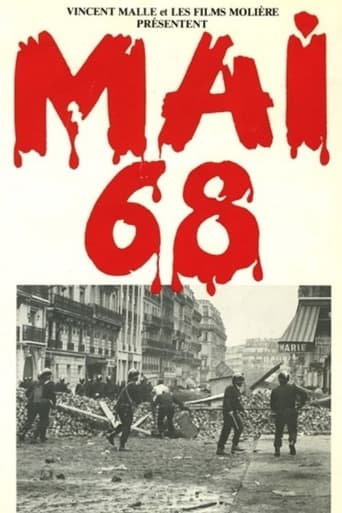
14 Nov 1974

A montage film that begins in May 1, 68 and ends in mid-June. Everything is there: the students of Nanterre in revolt, the demonstrations, the cobbles, the barricades, the rioting nights, the busy Sorbonne, the happening of the Odeon, the factories on strike and Séguy who gets on the bandwagon , the general protest, 10 million French without work, de Gaulle and The reform, yes, the doglit, no, the Gaullist demonstration of May 30, Grenelle, the death of a high school student, the offensive Pompidou and the return in the factories.

01 May 1974

Guy Debord's analysis of a consumer society.
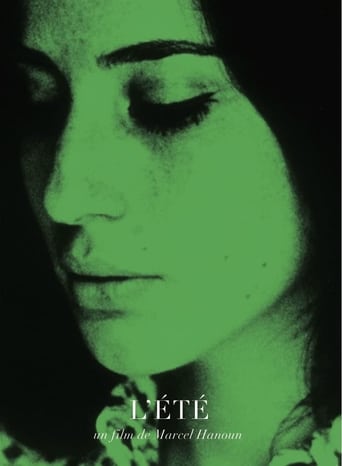
30 Nov 1968

During the summer of 1968, a young French woman staying in an isolated country house reflects upon her involvement in the events of that May.
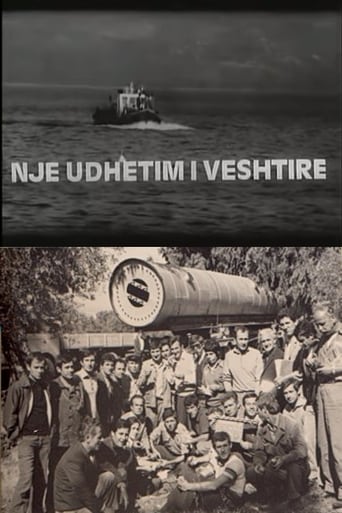
01 May 1977

Miti, an old worker, and Sokol, a young driver, undertake a long journey to transport a huge metallic tower from the Durrës harbor to an important plant.
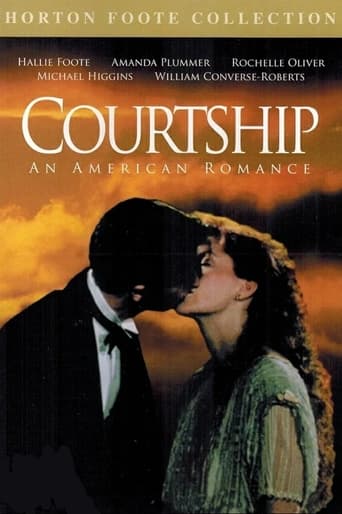
01 Jan 1987

In 1915, Elizabeth has fallen in love with Horace Robedaux, a young man her father condemns as a "wild boy." No matter how strict and protective, her parents cannot deter their daughter's growing independence.
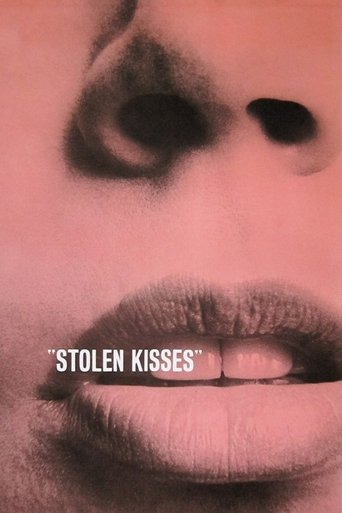
04 Sep 1968

The third in a series of films featuring François Truffaut's alter-ego, Antoine Doinel, the story resumes with Antoine being discharged from military service. His sweetheart Christine's father lands Antoine a job as a security guard, which he promptly loses. Stumbling into a position assisting a private detective, Antoine falls for his employers' seductive wife, Fabienne, and finds that he must choose between the older woman and Christine.
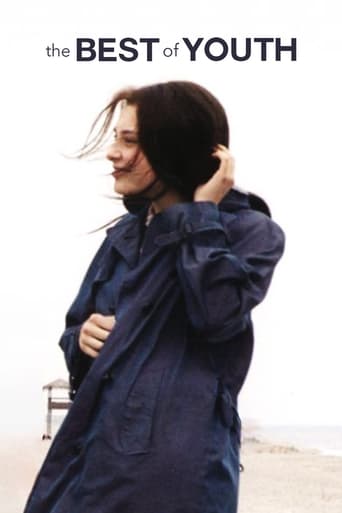
22 Jun 2003

After a fateful encounter in the summer of 1966, the lifepaths of two brothers from a middle-class Roman family diverge, intersecting with some of the most significant events of postwar Italian history in the following decades.

30 Sep 2010

Toru recalls his life in the 1960s, when his friend Kizuki killed himself and he grew close to Naoko, Kizuki's girlfriend, and another woman, the outgoing, lively Midori.
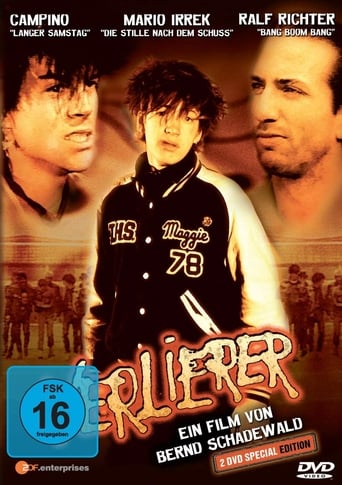
20 Jan 1987

Two youth gangs of the low class generation in the '80s fight in a war. The "Sharks" and "Council" defend their territories with their lives. Violence, hatred and brutality are commonplace soundtracked by thrash metal music. As the conflict grows, it comes to the final battle: a man-versus-man duel for Richy, the leader of the "Sharks".
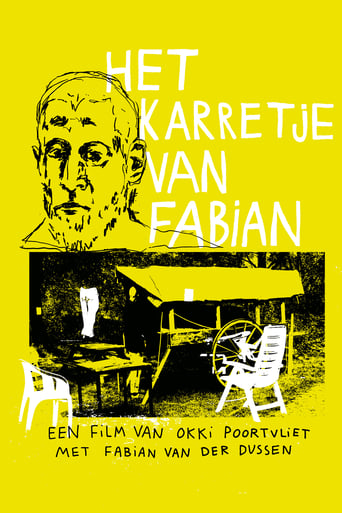
21 Feb 2022

Fabian builds his house on an old cart that he will pull himself, with the plan to walk to Serbia. But then it turns out that building the cart in itself is quite a journey. Will the cart ever leave it's place?
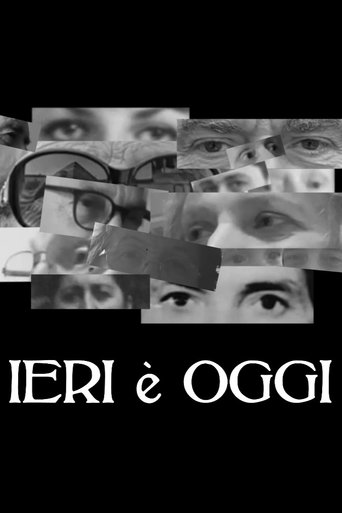
04 Jun 2025

No overview found